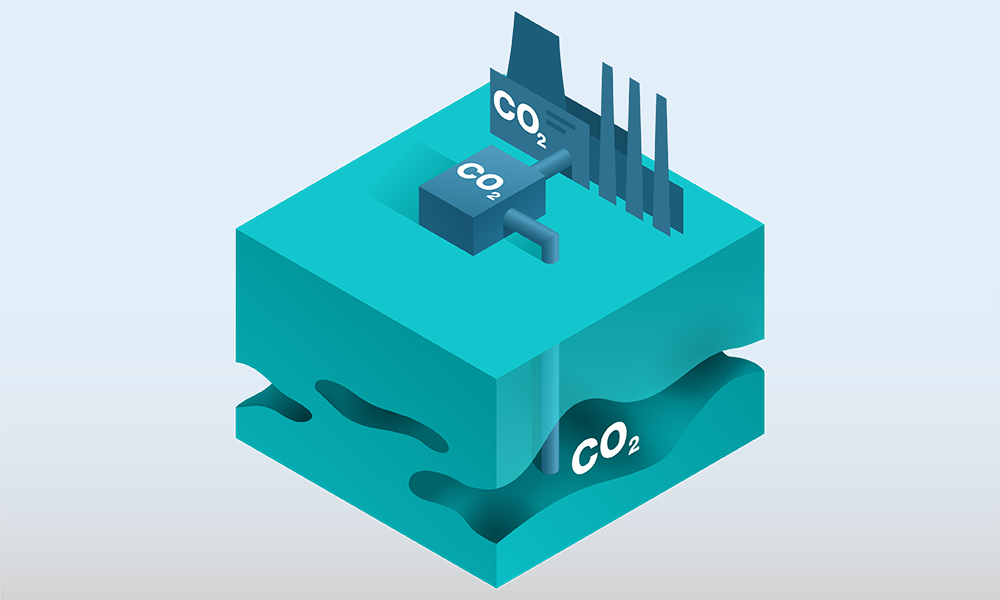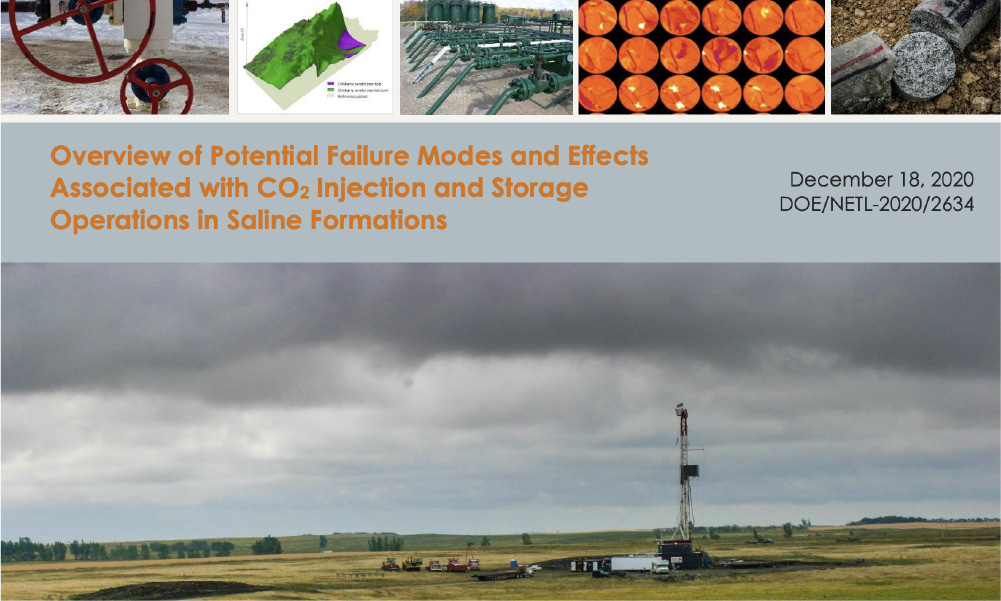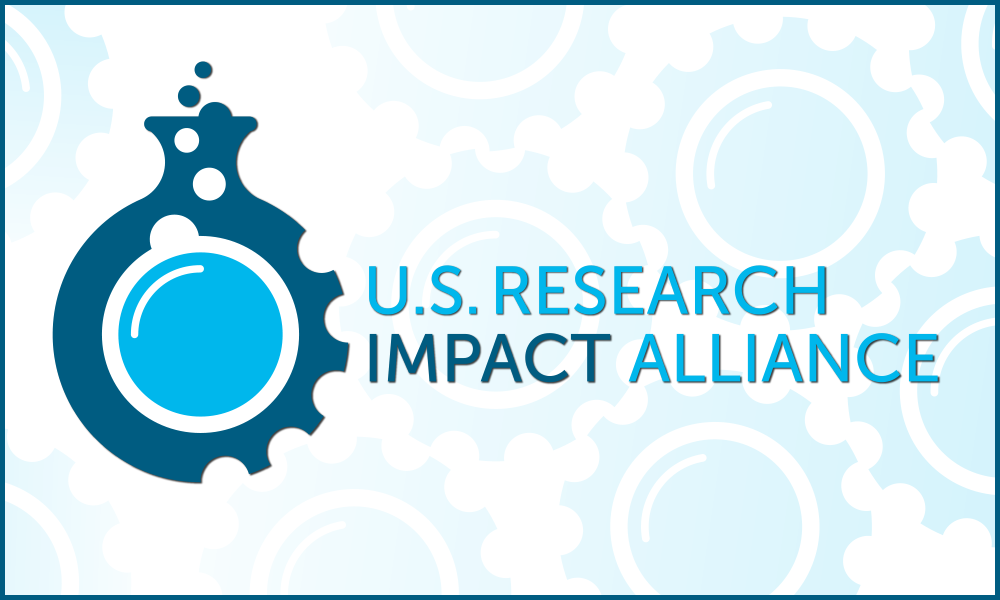Rethinking R&D for a Complex Energy Future
The United States stands at a defining inflection point for science and innovation. Intensifying global competition, particularly from China and the European Union, make America’s leadership in energy technologies of national and strategic importance. Workforce shortages in critical science, technology, engineering and mathematics (STEM) fields, coupled with the transformative potential of artificial intelligence (AI)-enabled discovery, […]
Rethinking R&D for a Complex Energy Future Read More »









